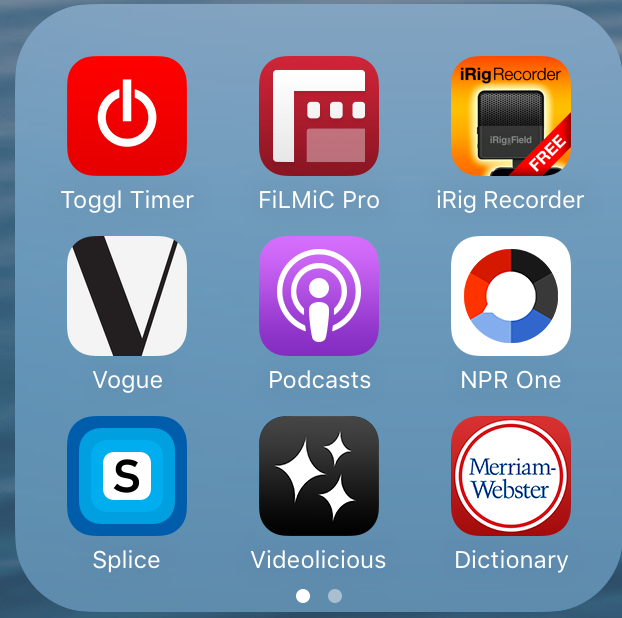Investigative reporting tips from top journalists
I have a confession to make. Until Jan. 19, 2017, I had never been on a plane. My mom was a single mom, so vacations were financially out of reach. Until last Thursday, I never had a reason—nor a strong desire, for that matter—to get on a plane to travel. But when I got the news that I was receiving funding from the Ida B. Wells Society to attend a weekend investigative reporting boot camp, I had to overcome my fear of flying and take advantage of an opportunity I may never have again.
For writers, New York is one of the top places for media jobs and undoubtedly a hub for investigative reporting. But it’s one thing to know this and quite another to experience it firsthand. Topher Sanders of ProPublica, Nikole Hannah-Jones of The New York Times Magazine and Ron Nixon of The New York Times held a two-day investigative reporting training at the CUNY School of Journalism.
The first day focused primarily on finding and cultivating sources, obtaining public records and pitching investigative pieces to editors; the second centered on computer-assisted reporting, or data journalism as it's typically called today. After talking with other writers from popular publications like Cosmopolitan, Essence and Teen Vogue, I walked away feeling inspired to take on smaller investigative projects as a freelancer. Here are some key takeaways:
Your investigations don’t have to take long… if you’re organized: Ron Nixon walked us through how he created a database of corruption stories for his recent New York Times piece. Scrape your press releases and public records and meticulously organize them in a spreadsheet. Pro tip: put your FOIA requests in early. Depending on the agency, it could take a long time to get the documents you’re seeking. Also, have other reporters familiar with data reporting or the subject matter you’re covering to see if your data make sense.
Don’t pitch your editor until you know what you can prove: Your idea may be good, but if it’s just an idea, it’s not ready yet. Do your research. Start filing FOIAs if you need to do so. See who the characters of your story may be. This one is tough for me, because time is the most valuable, nonrenewable resource for freelancers. But if you do as much research as possible, you see whether the story is truly worth the investment, which may save you time and money long-term. Consider how long it’s going to take to get public records for the document. Nikole Hannah-Jones also advised us to craft a compelling, two-sentence elevator pitch that will pique your editor’s interest.
Keep in contact with your sources even when you don’t need them: This is basic, but it’s often overlooked. Your sources will point you to potential stories and open up more to you than other reporters they don’t know as well. Those relationships become important especially when filing public records requests the right way and understanding the laws and regulations associated with your beat.
You don’t have to be on an investigative team to be an investigative reporter: Big investigations are often broken by reporters who are assigned to a specific beat. You have sources you trust. You spot trends or wrongdoing quicker, and you understand the laws, key players and how everyday people will be affected.
Going to conferences and training sessions can be nerve-wracking for introverts like me, but you’ve got to go! Otherwise, you might miss out on tips and tricks that will put you ahead of the curve, or at least keep up with the ever-changing journalism industry. One of the most valuable aspects of this bootcamp was seeing writers who look like me doing the kind of reporting I’d like to do one day. As I’m writing this, now back in Chicago with more digital and old-school reporting tools at my disposal, I’m feeling even more inspired and ready to tell the stories that need to be told.
Where do you find key investigative reporting tips? Tell me in the comments or send a note to contact@thefreelancebeat.com.
SPONSORED: NerdWallet seeks a credit card blogger, and Grammarly is looking for Grammar / Business writing bloggers. Find these jobs and more at Contena, a remote-writing job board that finds well-paying gigs so you don’t have to.





